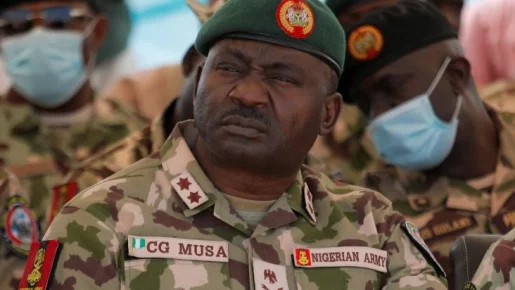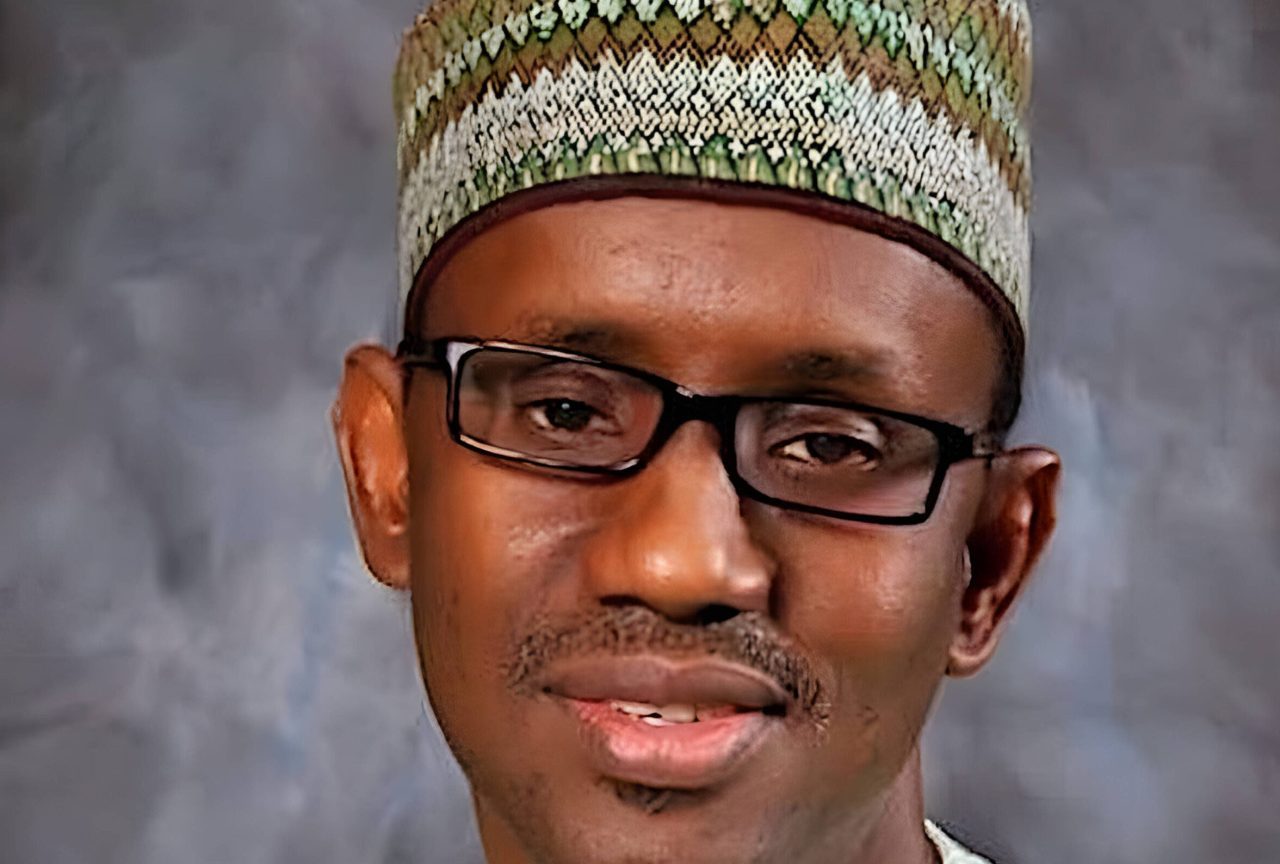Democracy, the recent engagement of the Service Chiefs with the House of Representatives was a notable departure from historical norms, offering a glimpse into a more transparent and accountable approach to addressing the nation’s security challenges. This development, a departure from the practices observed over the past eight years, has garnered attention and respect from the Nigerian populace. Notably, it echoed a level of engagement not witnessed since the era of Olusegun Obasanjo in 2007.
In previous years, military chiefs seemed inclined to shield democratic operators from accountability, often quick to label citizens expressing legitimate concerns about governance as unpatriotic threats to the system. This attitude, especially from security services like the Department of State Security (DSS) and the Police, raised questions about their commitment to citizens’ protection over regime protection.

The military leaders, in their recent briefing, candidly acknowledged the role of good governance in tackling insecurity. This was a stark contrast to their predecessors, who were seemingly more focused on maintaining the status quo, even if it meant supporting fraudulent incumbency. The chiefs underscored the importance of fair elections, lamenting how, in aiding politicians to extend their terms, security operators inadvertently jeopardized democracy.
Moreover, they shed light on the ethnic politics and information withholding that permeated their higher-level operations, hindering effective security measures. The chiefs pointed out instances where insecurity, particularly in the North-west, could have been mitigated if not for the reluctance to address the situation head-on. Consequently, various forms of insecurity, including banditry, kidnapping, and inter-communal violence, have flourished across the nation, democracy.
During their appearance, the military chiefs emphasized that security measures alone could account for a mere 30% of the solution to the country’s security challenges. The remaining 70%, they argued, hinged on the implementation of good governance. General Christopher Musa, the Chief of Defence Staff, particularly highlighted the role of various facets of governance, such as food security, health security, social security, and education security.
As the military leaders conveyed their message, lawmakers were urged to reflect on their responsibilities and impact. Questions arose about the effectiveness of lawmakers in translating briefings into meaningful actions that enhance citizen safety and promote good governance. The military chiefs’ emphasis on the connection between governance and security sought to underscore the vital role that lawmakers play in shaping policies that address these fundamental issues, democracy.
The military leaders also drew attention to challenges such as porous borders, the judiciary’s role in granting bail to terrorism suspects, and the compromise of officials in correctional facilities. They lamented the indiscriminate planting of improvised explosive devices (IEDs) and highlighted the meager pay for infantry soldiers risking their lives in the line of duty.
In interpreting the media coverage of this engagement, it’s crucial to note that the military chiefs were not absolving themselves of responsibility. Instead, they were advocating for a holistic approach that involves lawmakers prioritizing legislation that promotes education, healthcare, and employment, thereby addressing the root causes of insecurity, democracy.
This call for good governance was echoed by the National Security Adviser, Mallam Nuhu Ribadu, who emphasized the reduction in insecurity under certain governance frameworks. Ribadu, known for his previous role as the chairman of the Economic and Financial Crimes Commission (EFCC), urged a deeper understanding of the relationship between governance and insecurity.
Conclusion: democracy

The recent interaction between the Service Chiefs and the House of Representatives signifies a shift towards increased transparency and accountability. It prompts a critical examination of the interconnectedness of governance, security, and democracy, challenging lawmakers to play an active role in fostering positive change for the benefit of all citizens.










